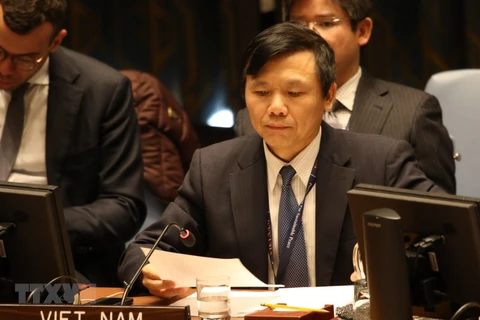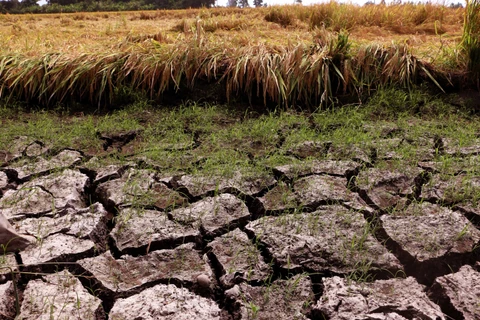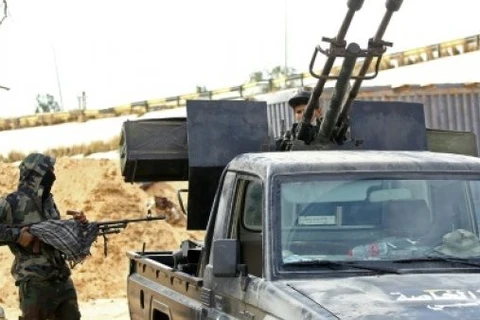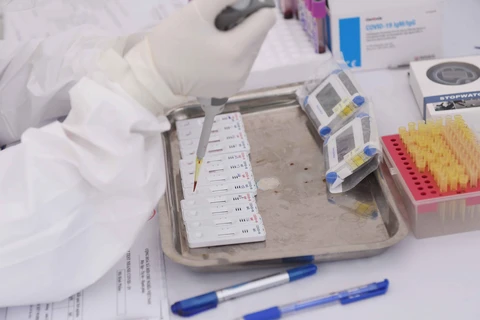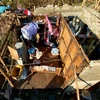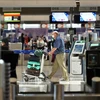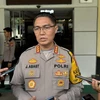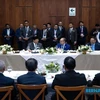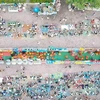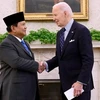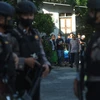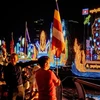Geneva (VNA) - UN Secretary-General Antonio Guterres has emphasised the importance of strengthening regional and global cooperation in the fight against COVID-19, which he said threatens efforts to maintain peace and international security.
Addressing a video conference hosted by the UN Security Council (UNSC) on April 9 following a proposal from Vietnam and eight other non-permanent members on discussing the pandemic, Guterres said the disease poses the greatest challenge to the world since 1945, causing economic and social shocks, and adversely affecting the daily lives of billions of people around the world.
He said the situation is likely to become even more complex in the time to come, especially in developed countries and those experiencing conflict.
The pandemic will give rise to economic and political challenges in a host of countries, worsen conflicts, and cause discrimination towards and have negative impacts on women, children, and migrants, he said.
He affirmed that the UN’s current priority is to join countries in promoting ceasefires in conflict areas around the world and to mobilise international resources for providing humanitarian assistance to countries, especially those with the most urgent need.
He called on the UNSC to promote its role in mobilising and coordinating international efforts in this regard, thus minimising threats against peace and security.
Representatives from UNSC member nations also emphasised that it is necessary to enhance international cooperation to effectively contain the spread of the pandemic.
While asserting Vietnam’s support for the UN’s central role and the recent efforts of the UN Secretary-General, Ambassador Dang Dinh Quy, head of Vietnam’s Permanent Mission to the UN, suggested governments, the UN bodies, and international and regional organisations, including the World Health Organisation, and other relevant agencies join hands in supporting countries affected by the disease.
He urged the UN and its stakeholders to pay special attention to the most vulnerable groups, such as women, children, the elderly, and those living with disabilities, and to ensure the safety of UN staff members working to help countries combat the disease./.
VNA

